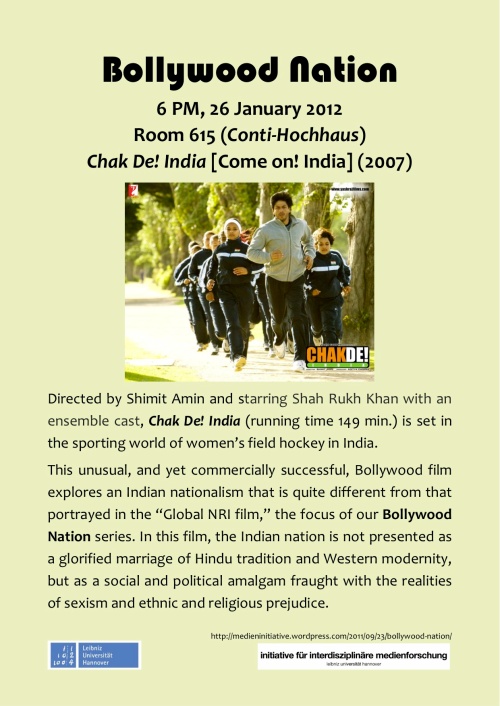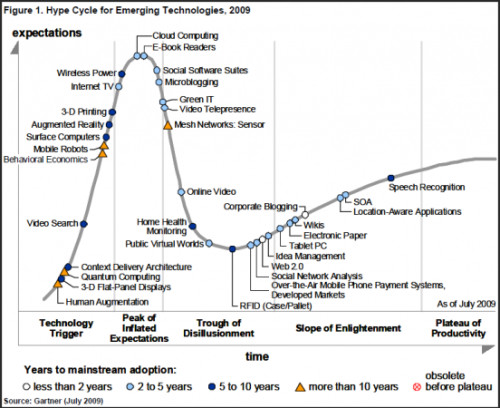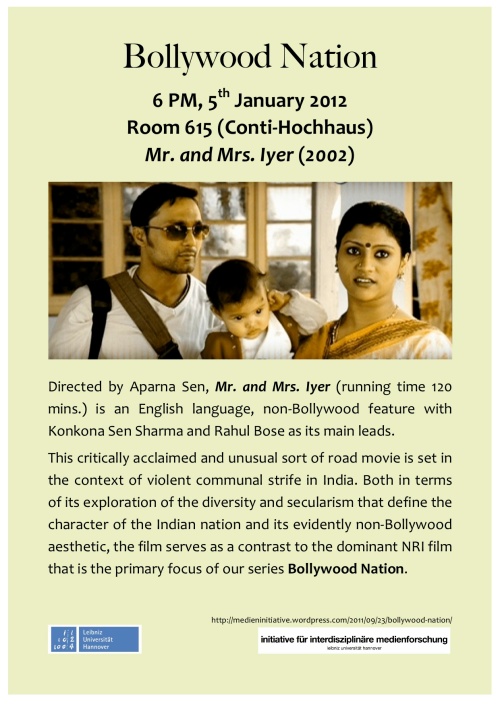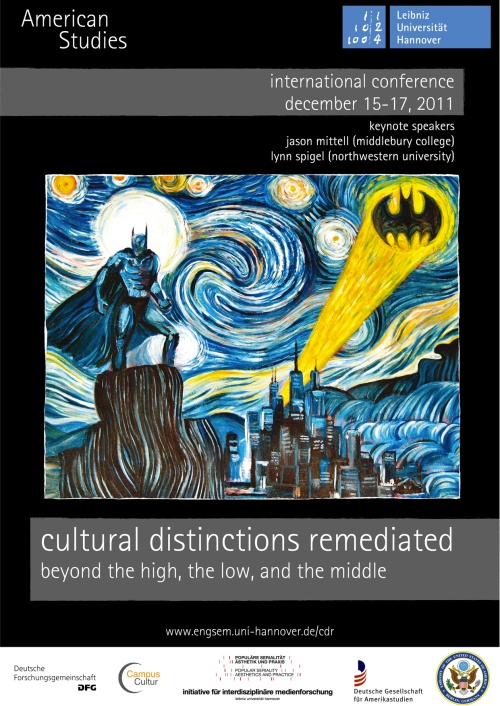[youtube http://www.youtube.com/watch?v=cx9DRazb6ZE]
In preparation for the independent studies course on “Digital Media and Humanities Research” that I’ll be supervising in the summer semester 2012, I’m asking prospective students to familiarize themselves with discussions and debates around the digital humanities. To get started, I thought I’d pull together a few relevant links.
First, the four videos embedded in this post offer a quick sampling of DH projects through lightning talks by recipients of grants from the National Endowment for the Humanities Office of Digital Humanities. (By clicking on any of these videos, you will be directed to the Youtube pages where you can find links to the individual projects presented.)
[youtube http://www.youtube.com/watch?v=JFSyMgVbHpg]
Next, a really great place to get started is with a blog post entitled, appropriately enough, “Getting Started in the Digital Humanities” (over at Lisa Spiro’s blog Digital Scholarship in the Humanities). In fact, there are enough links collected there, all usefully contextualized, to get a really good feel for the type of work going on in the digital humanities, so if getting started and getting oriented were the only objectives, I could basically just leave it at that. Certainly, one could do worse than to just follow Spiro’s links (and then the further links to be found at the pages thus linked) — DH is a highly networked field of inquiry, discussion, and debate, so in this way (i.e. starting from that blog post) you’d likely run into just about all the critical sites and positions in the field in due time.
[youtube http://www.youtube.com/watch?v=RClZF4Sroi8]
Nevertheless, I also wanted to point more explicitly to some of the debates going on in and around DH, which is not only one of the fastest growing but also one of the most contested areas of humanities at the current moment. One of the best resources here is the brand new collection Debates in the Digital Humanities, edited by Matthew K. Gold. But there are (of course) also lots of relevant pieces online, and these are just a few:
Kathleen Fitzpatrick’s positive, inspiring message, “Do ‘the Risky Thing’ in Digital Humanities,” speaks to the excitement that a lot of scholars (and students) feel when they come into contact with DH. Stanley Fish’s New York Times opinion piece, “The Old Order Changeth,” puts forward a much more skeptical view of this excitement, while Fish’s follow-up piece, “The Digital Humanities and the Transcending of Mortality,” goes so far as to call it a positively “theological” fervor. Needless to say, Fish’s interventions have stirred up quite a controversy among DH people.
Though not a direct rejoinder to Fish’s criticisms, another piece by Kathleen Fitzpatrick, “Networking the Field,” might be profitably read with an eye to evaluating Fish’s take on DH; however, Fitzpatrick’s paper (originally a talk she gave at MLA 2012) is much more than that, as it offers an eloquent assessment of what she takes to be some of the central challenges (rather than theological dogmas) of digital humanities today. (Meanwhile, Fish has continued to pronounce the divide he sees between digital humanities and traditional humanities in another controversial piece, “Mind Your P’s and B’s: The Digital Humanities and Interpretation.”)
Finally, Ian Bogost has added a very different skeptical voice to the debates. Bogost is, among other things, a game designer and scholar, so his skepticism is hardly directed at the “digital” in “digital humanities.” Instead, in his posts “The Turtlenecked Hairshirt” and (the more recent) “This is a Blog Post About the Digital Humanities,” Bogost’s skepticism is directed at the self-referential, meta-level discourse about the digital humanities that he sees DH indulging in at the expense of making, building, or creating something. Whether or not one agrees with Bogost’s criticism, he certainly speaks to a central tension, and to the search for balance, between the levels of (meta-)theory and practice that in many ways shape the field of DH.
Again, these are just starting points, hardly a comprehensive guide to contemporary positions, debates, methodologies, or research perspectives. Again, for a significant step in that direction, I recommend Matthew K Gold’s new edited volume, Debates in the Digital Humanities. Finally, I welcome (and would very much appreciate) comments and links to other sites that might be of value to students just getting oriented in DH!
[youtube http://www.youtube.com/watch?v=YxQKApXu3Xk]






